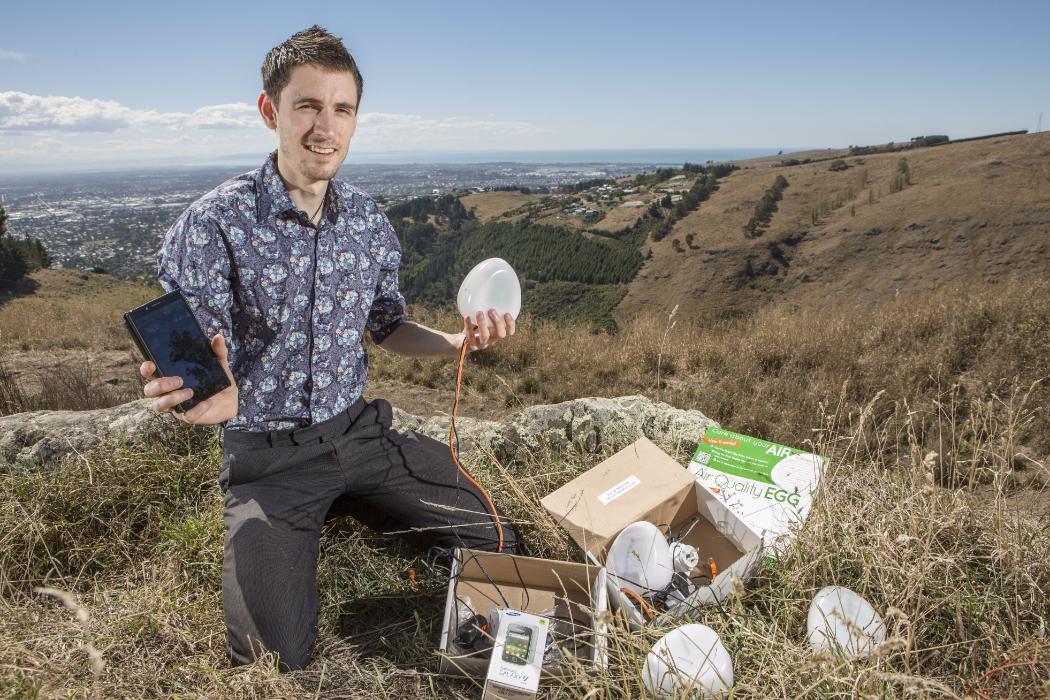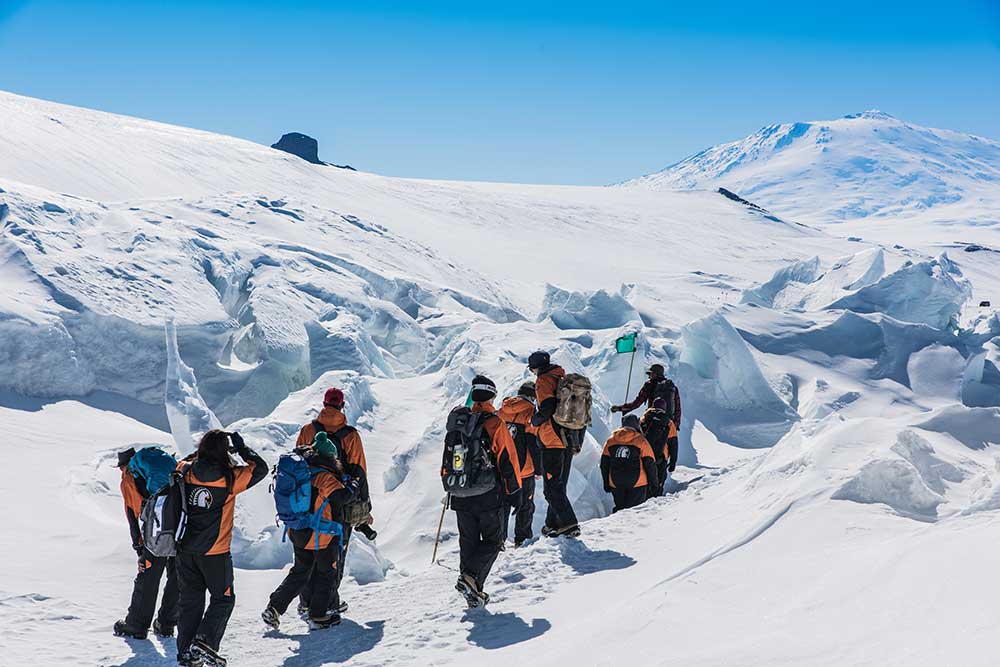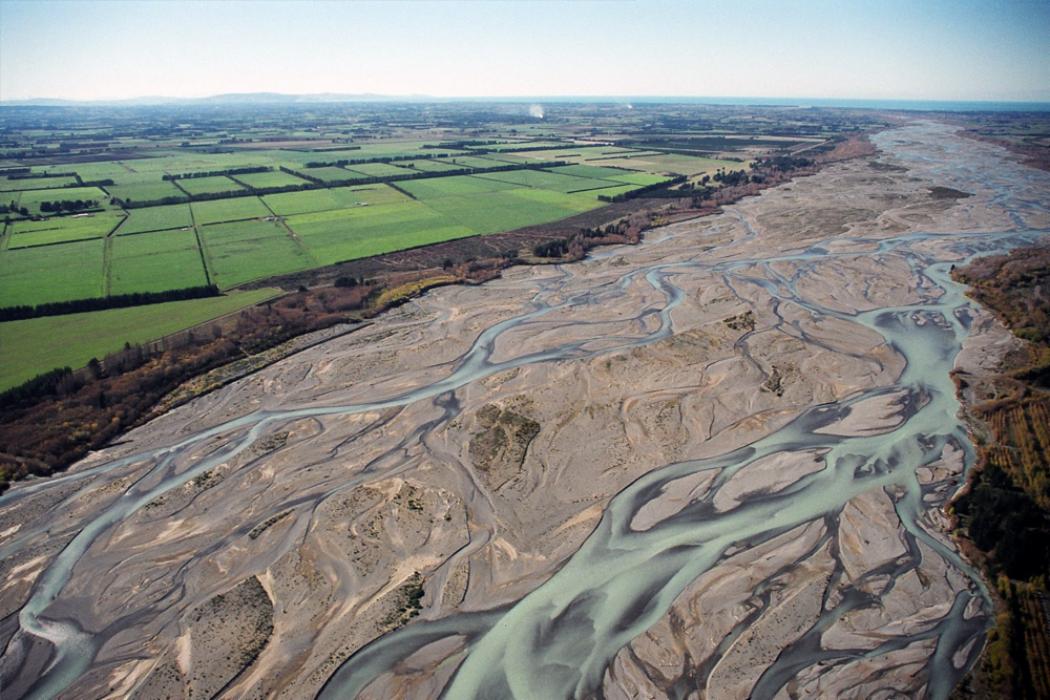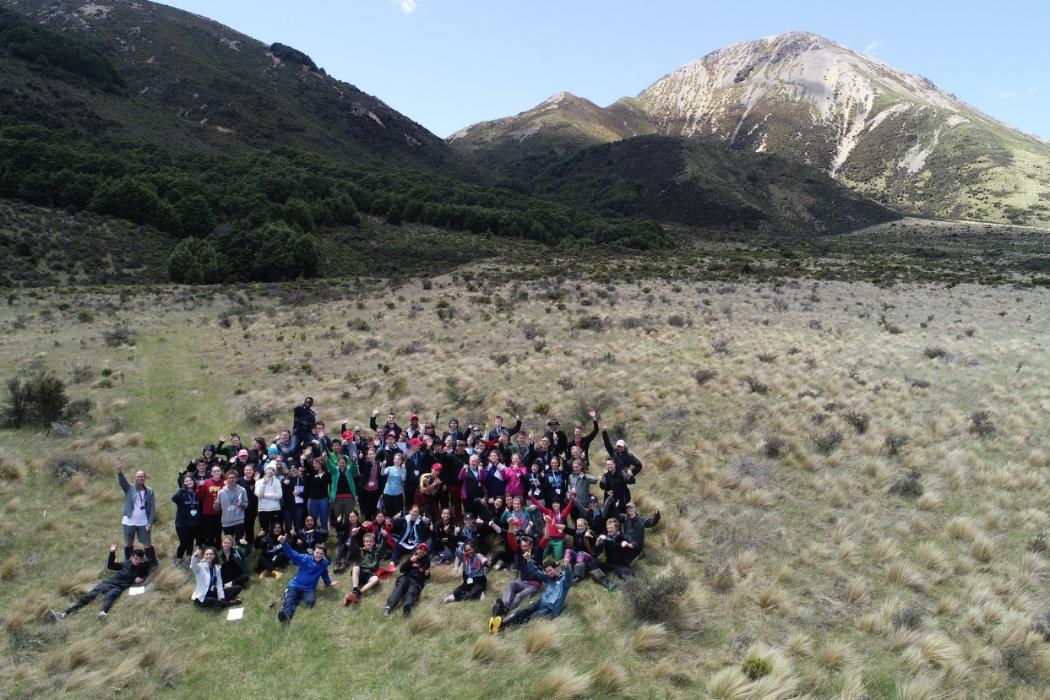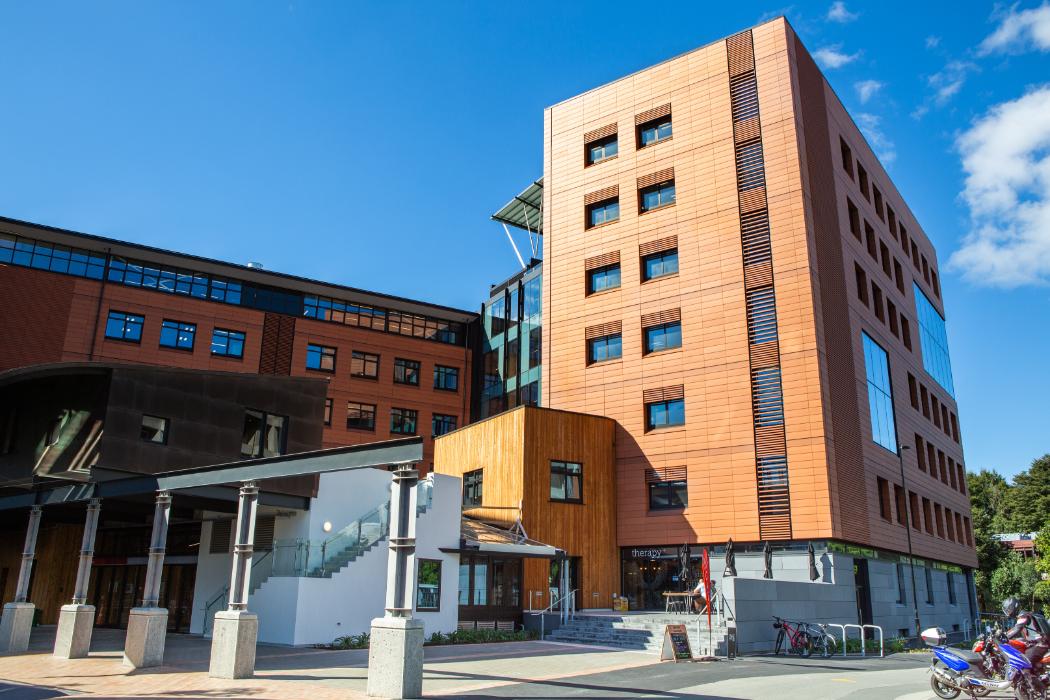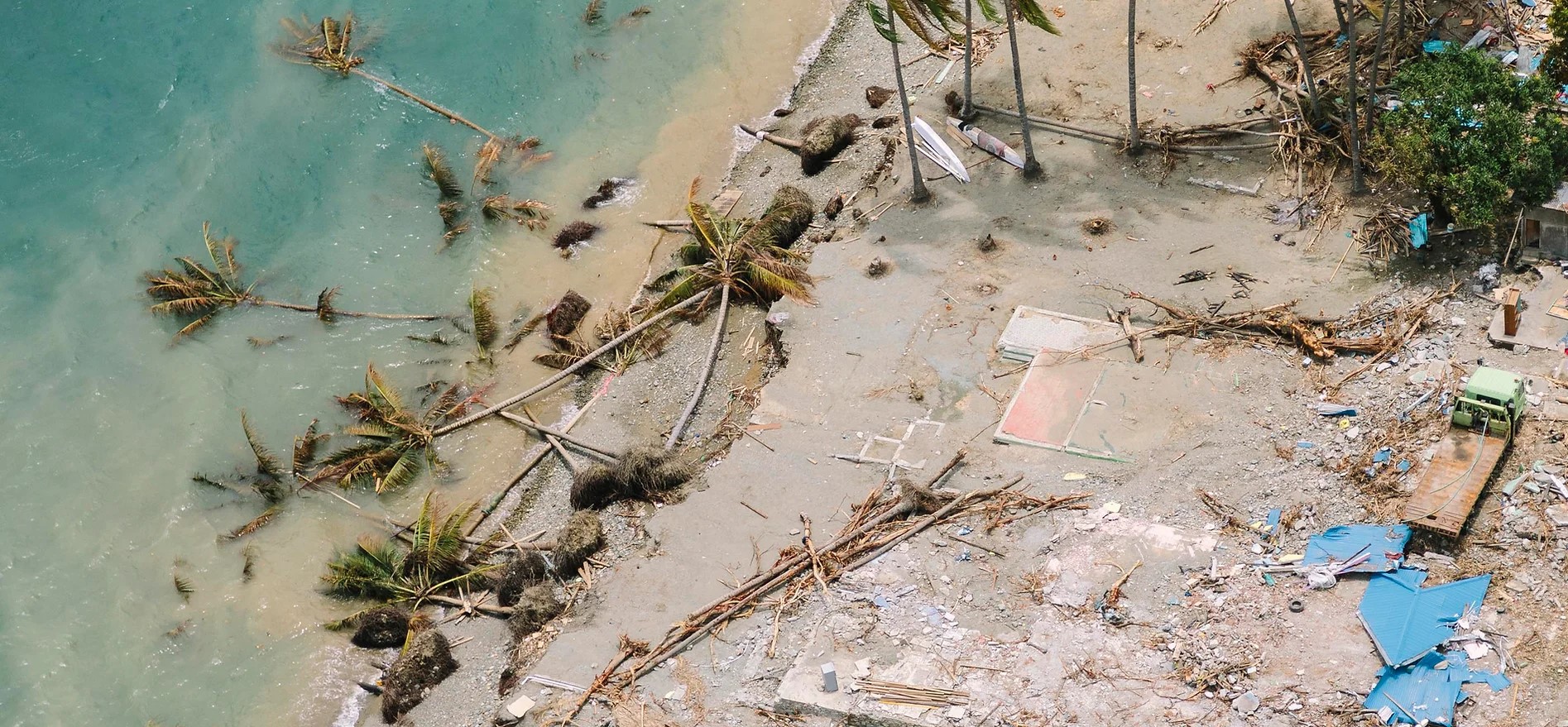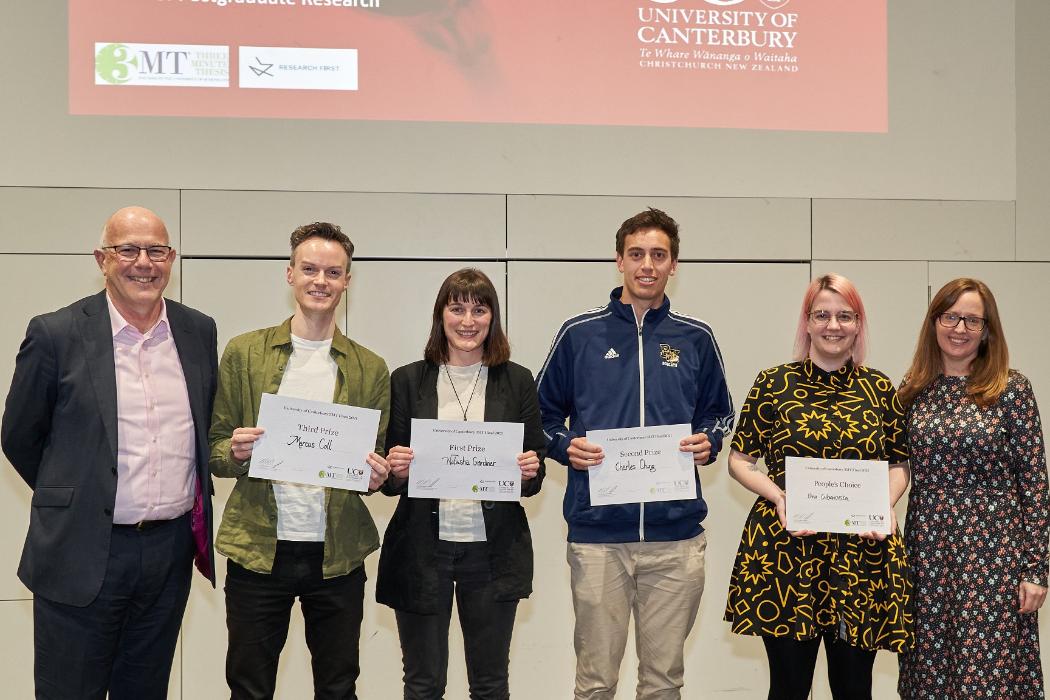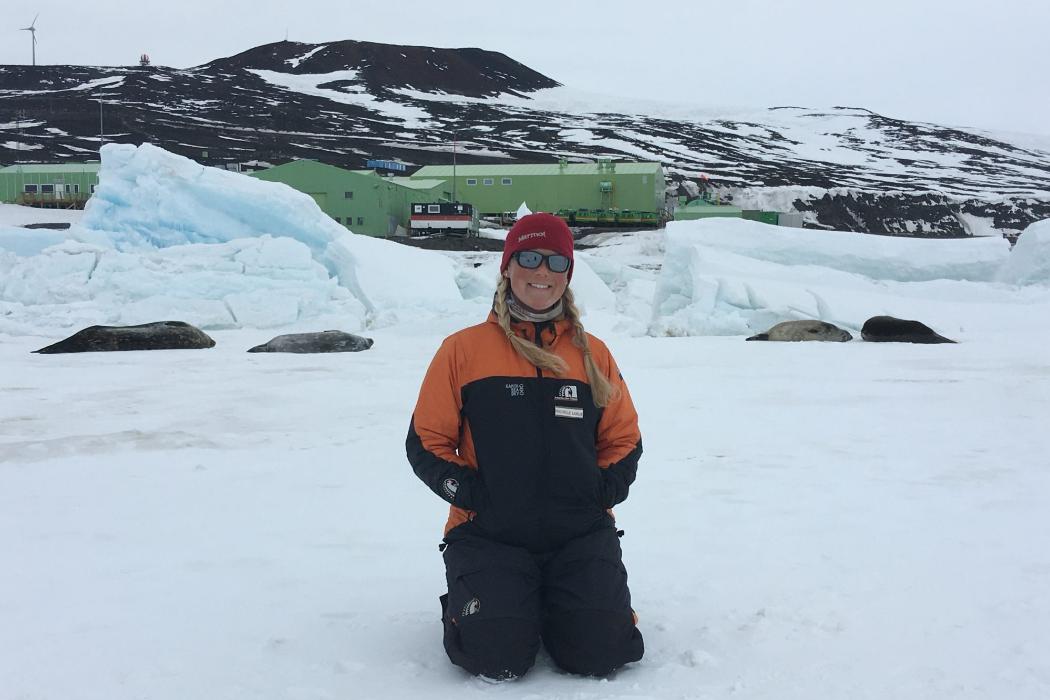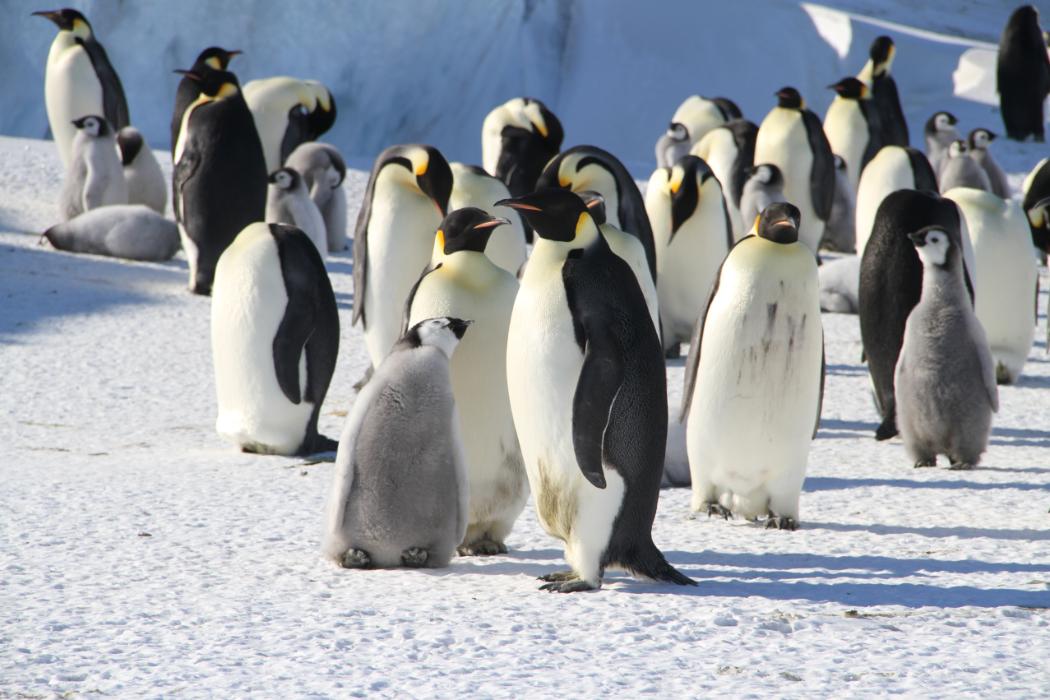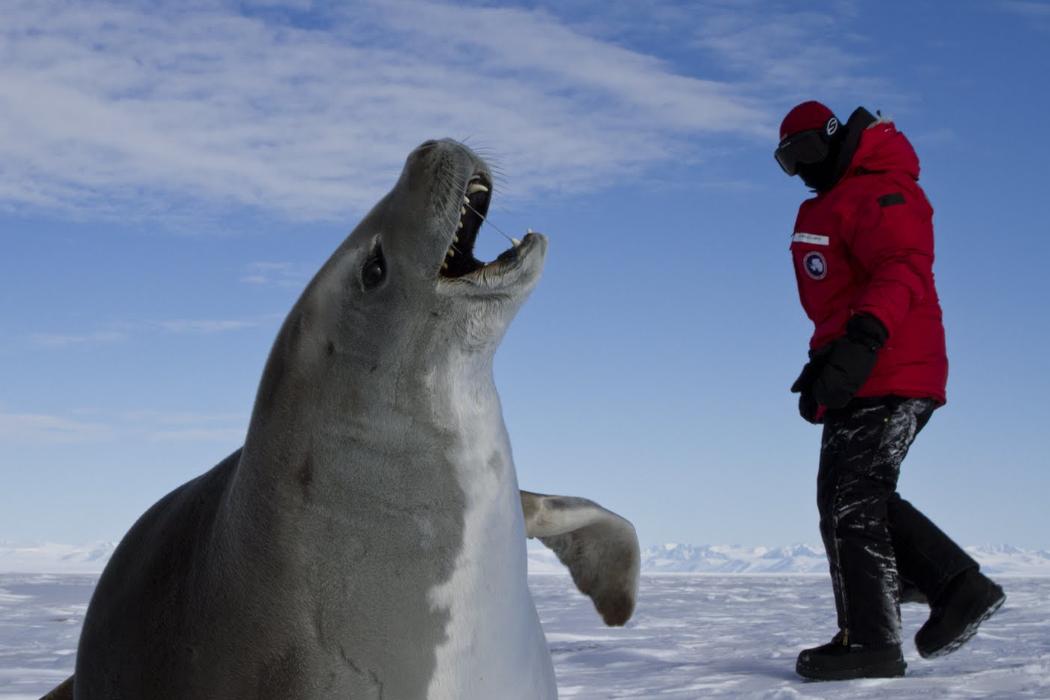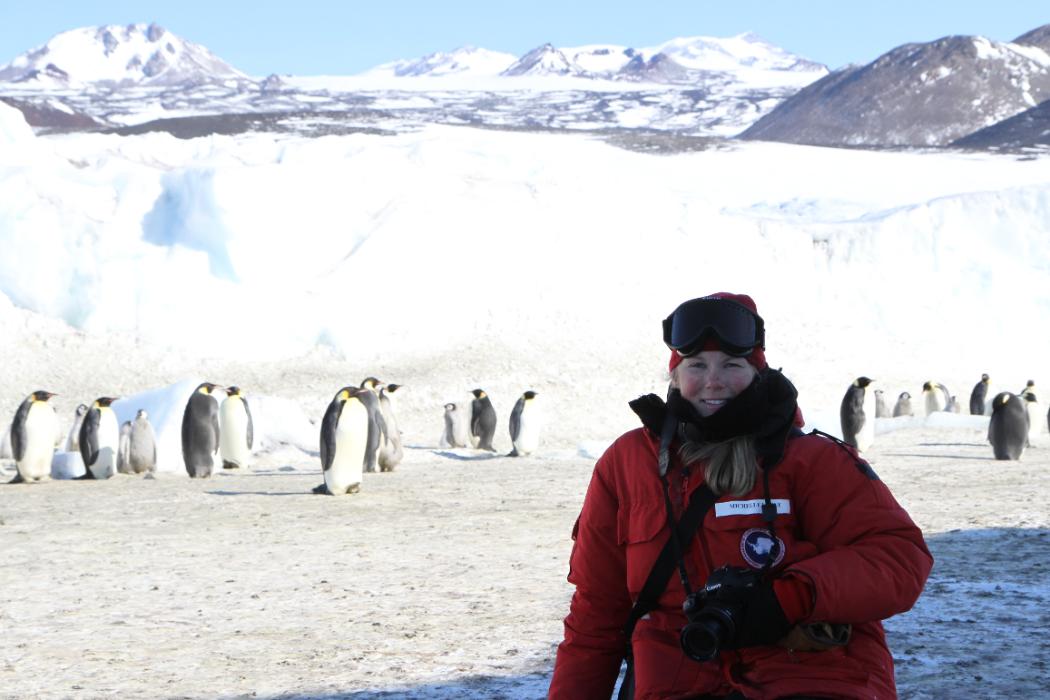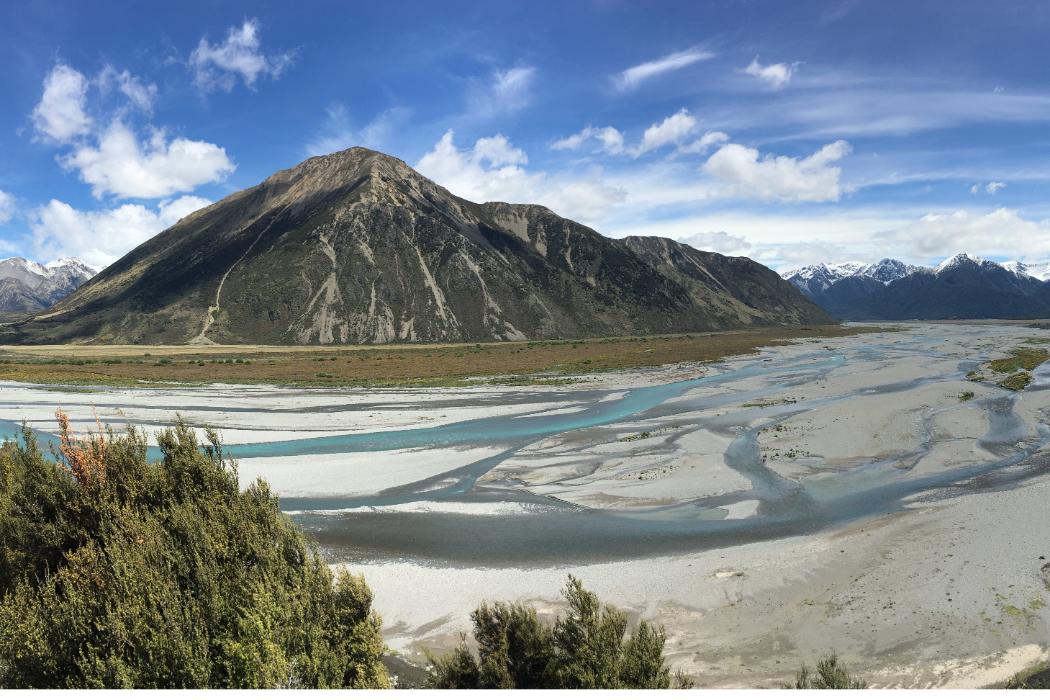Our world-leading experts are collaborating on ground-breaking research and development work. Find out what we are working on.
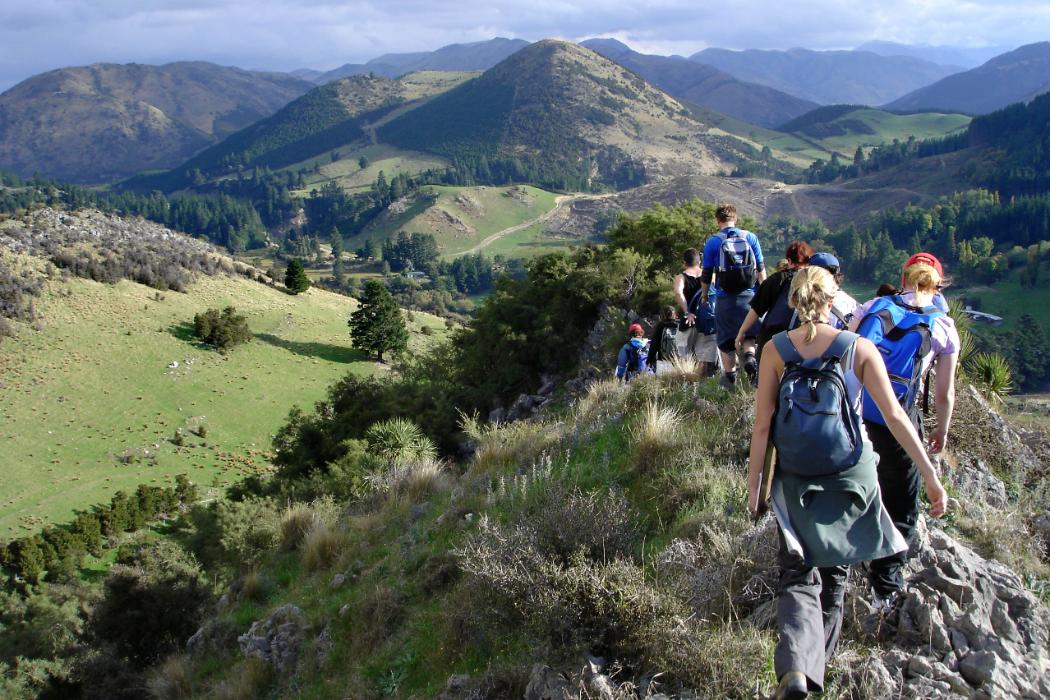

School of Earth and Environment
Te Kura Aronukurangi
If you're interested in our planet and how humans interact with it UC's School of Earth and Environment is the right place for you. From Antarctic Studies and Environmental Science to Geospatial Science and Technology, we deliver a wide range of programmes and leading research. Check out the School of Earth and Environment.
Welcome to Te Kura Aronukurangi | School of Earth and Environment. If you're interested in our planet and how humans interact with it, you're in the right place. Our cutting-edge, challenging courses and research programmes prepare students for a diverse range of career options.
Study in the School of Earth and Environment
Earth is the only planet we have, and it sustains all life. We believe understanding how it works and how humans interact with it should be part of everyone's education. Our students learn from cutting-edge science teaching supported by state-of-the-art audio-visual and laboratory equipment. Our courses offer the most field trip opportunities, allowing students to apply their skills in the living laboratory of Waitaha | Canterbury.
Te Kura Aronukurangi | School of Earth and Environment occupies teaching, research, and support space in the Ernest Rutherford building. Our staff have a wealth of experience in several cutting-edge technologies and have access to world-class laboratories and field equipment to ensure that our students and academics have everything they need to develop their knowledge and produce leading research.
We have a range of scholarships and prizes available to both Undergraduate and Postgraduate students. Use the Scholarships database to search for possible funding options.
Leading research
A wide range of research is undertaken within Te Kura Aronukurangi | School of Earth and Environment, allowing our students to develop vital skills for further study or the workforce.
Our research groups and centres focus on collaboration with industry experts to give our students practical, real-world experience in a range of specialisations.
